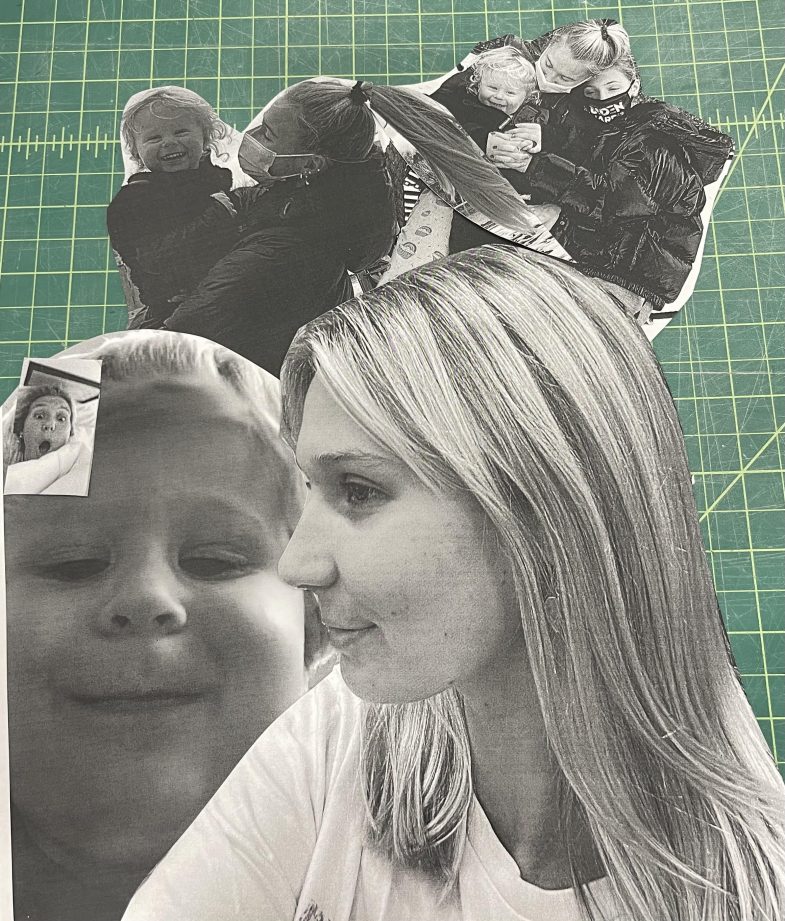
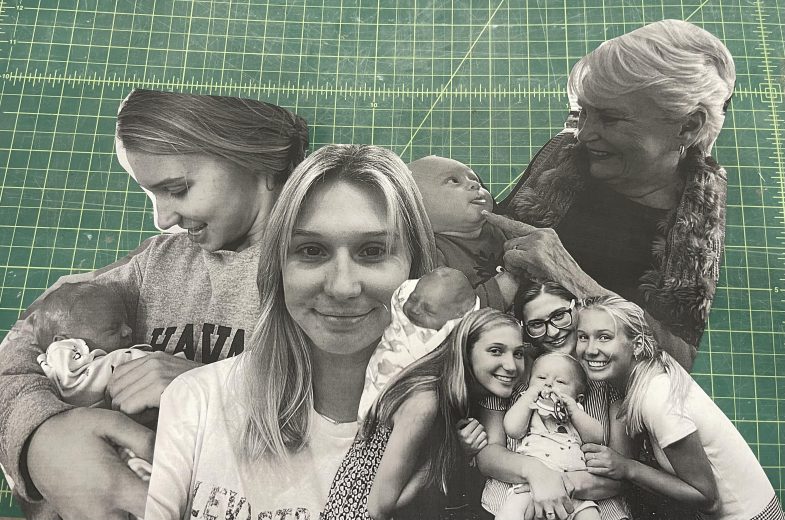
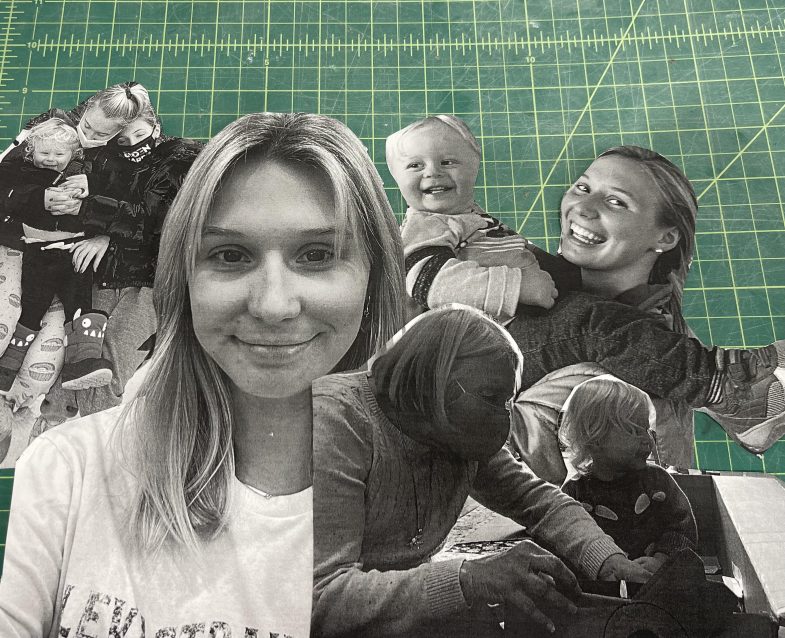
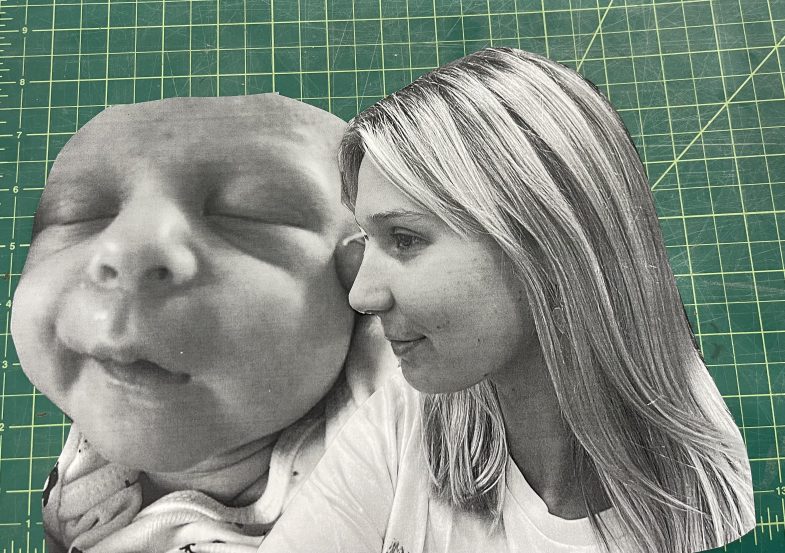
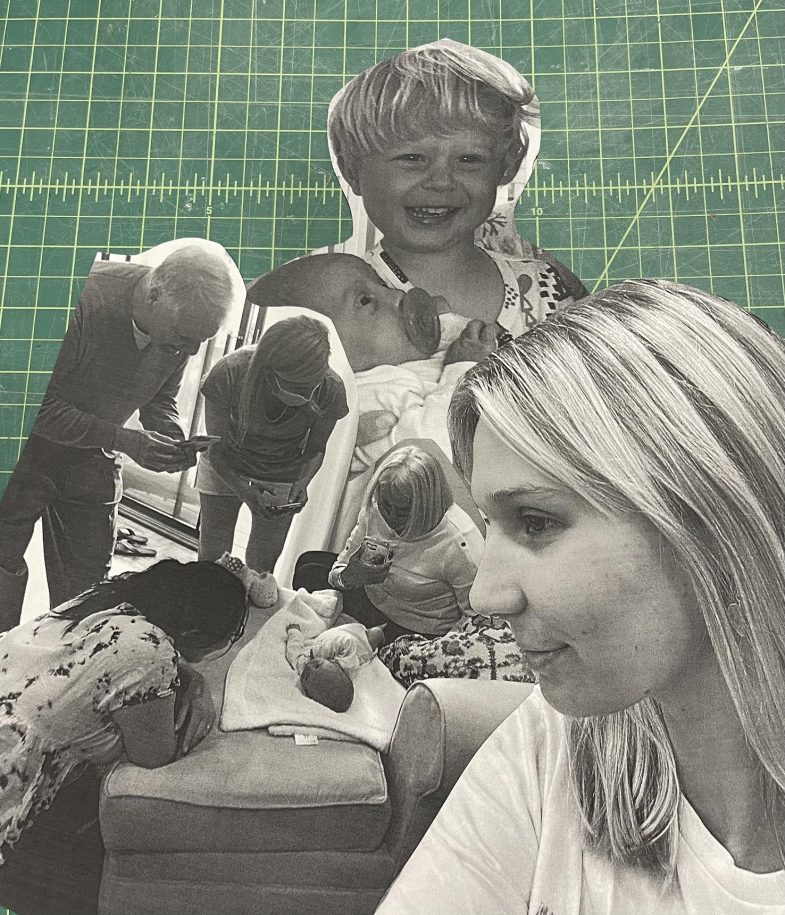
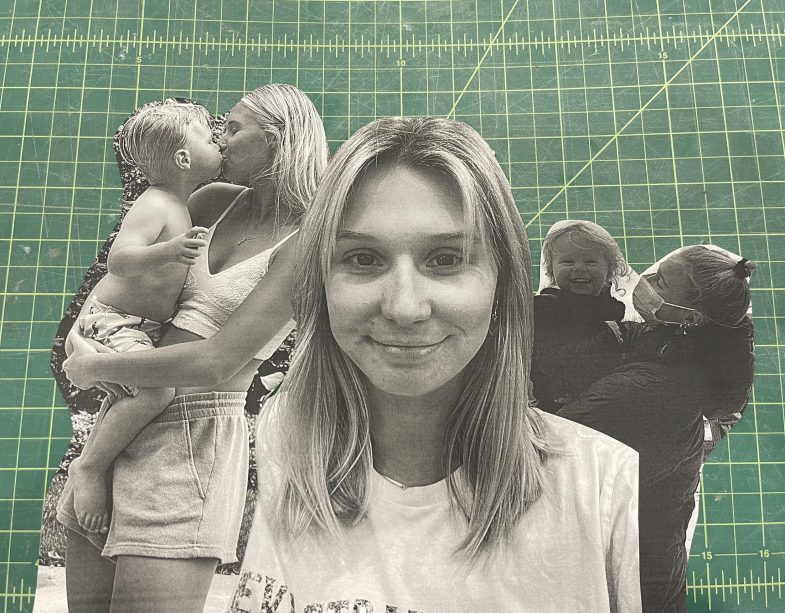
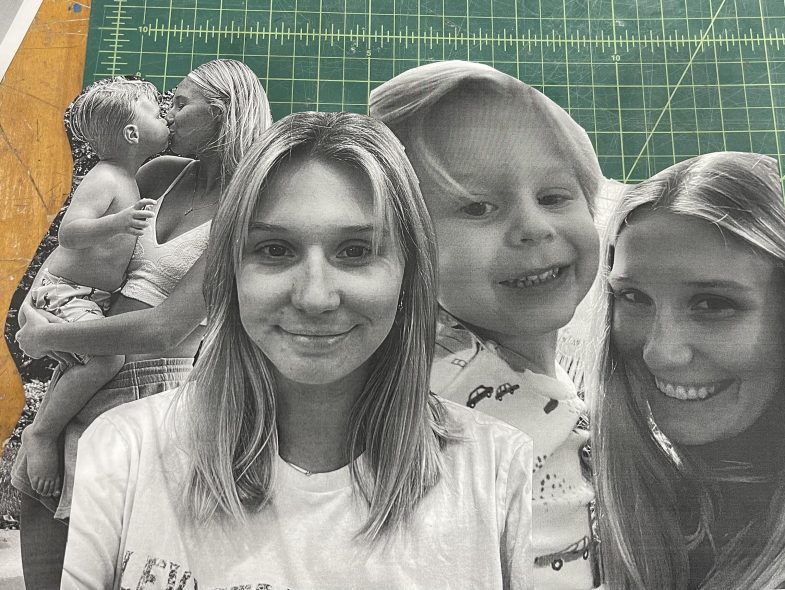
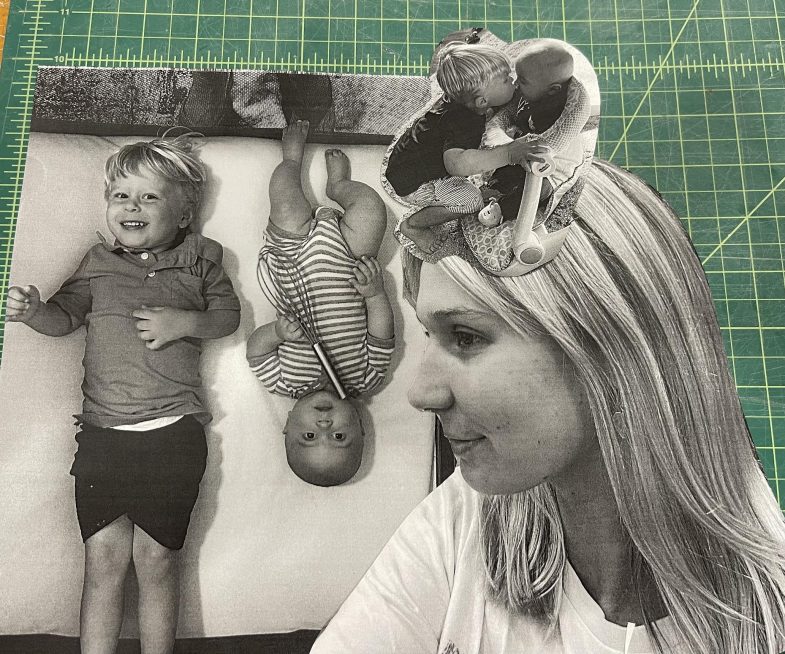
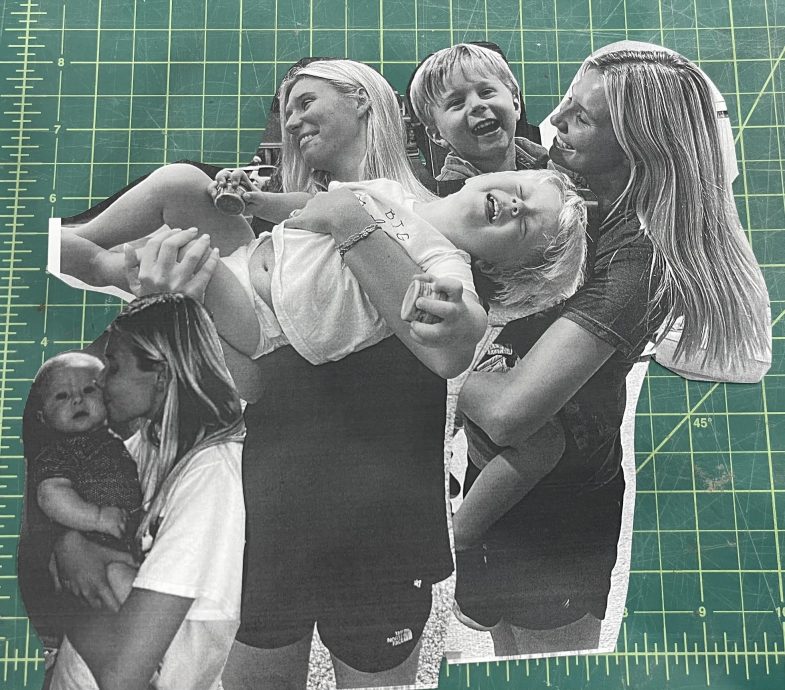
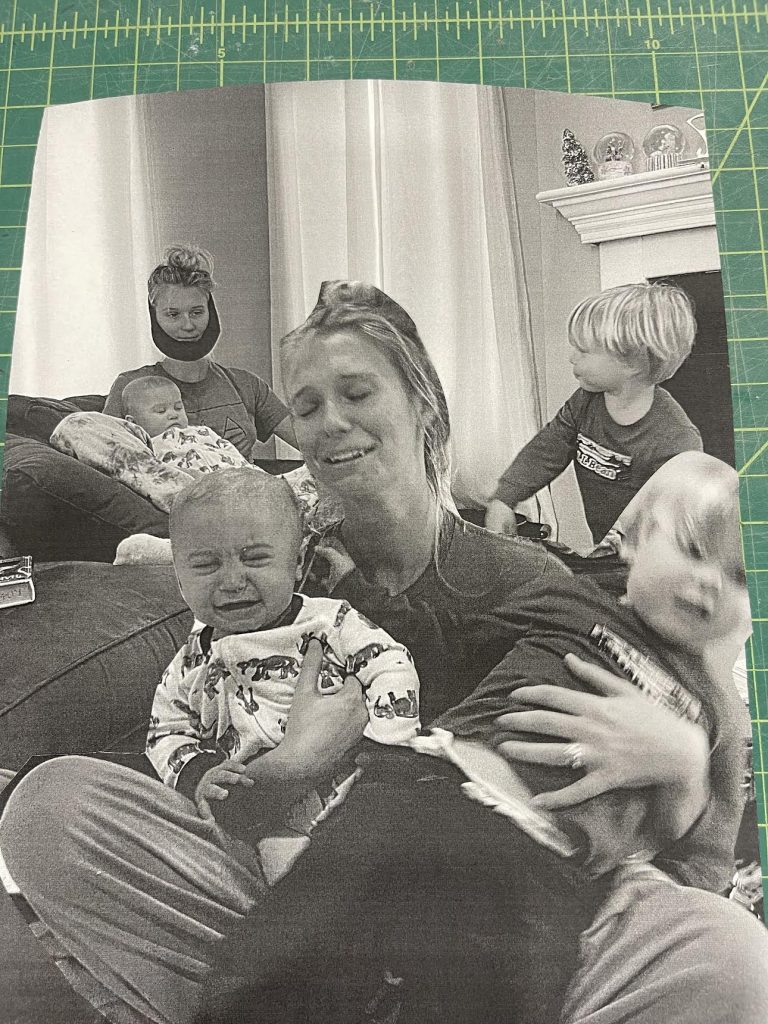
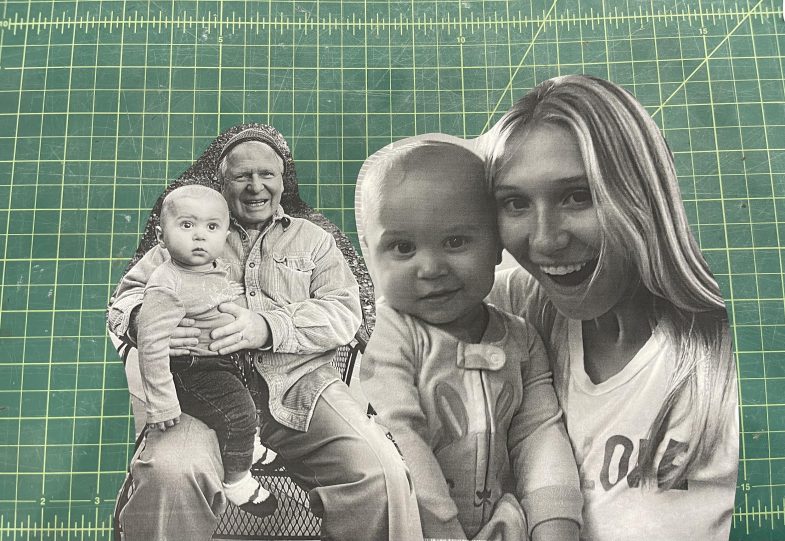
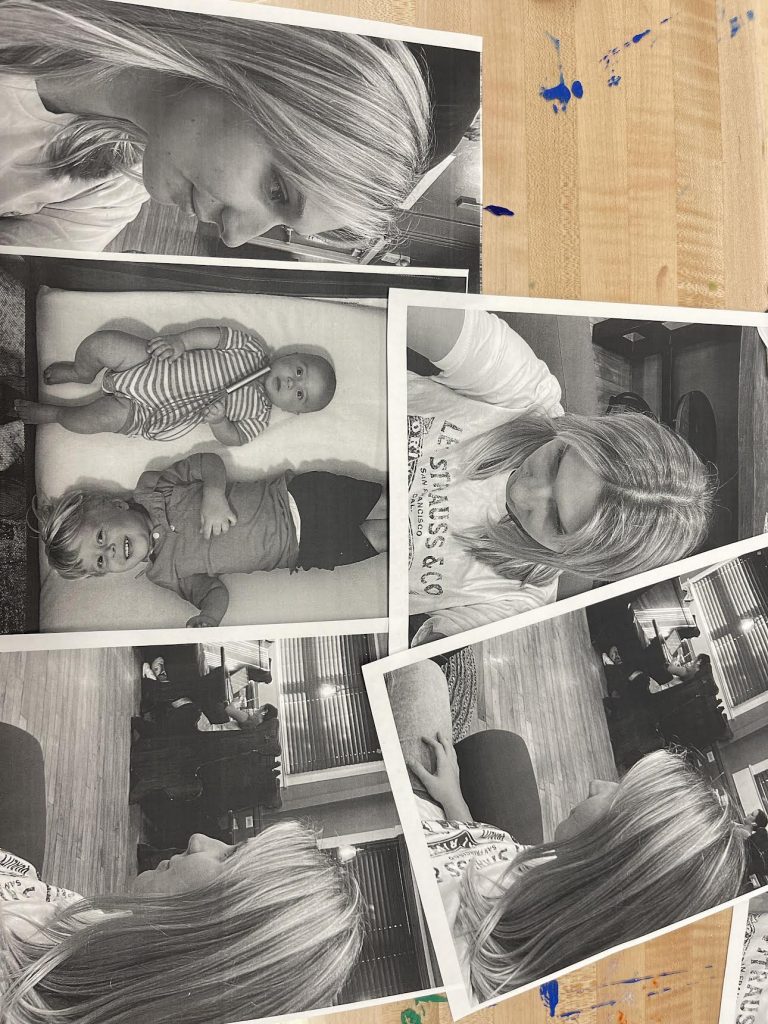
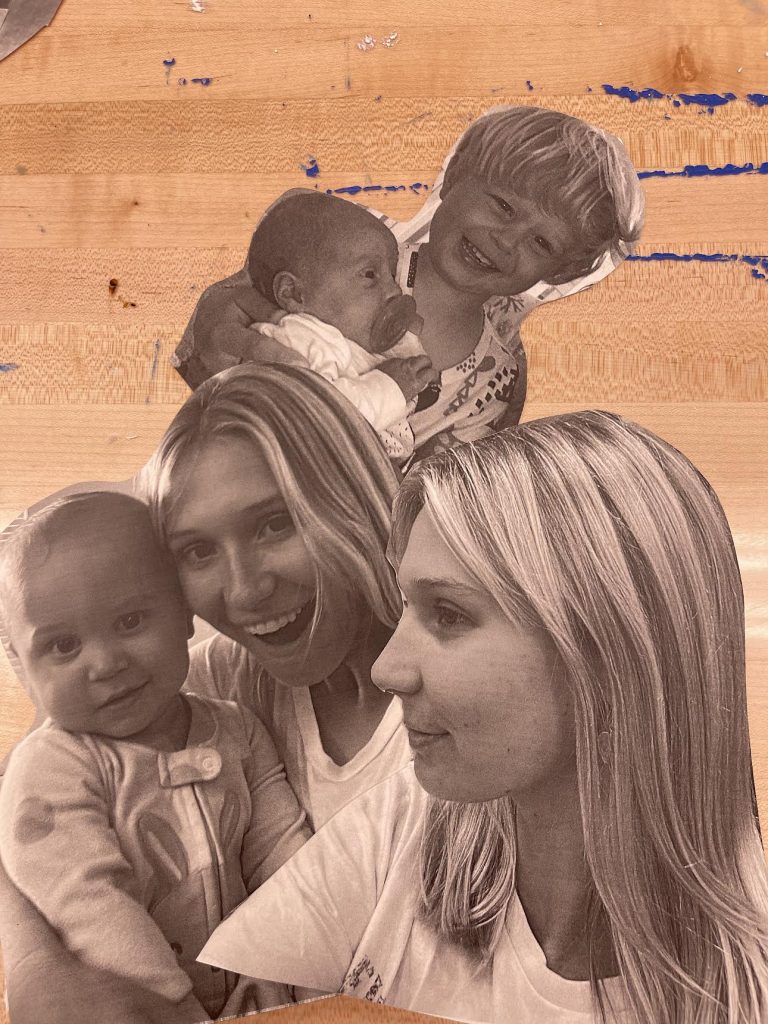
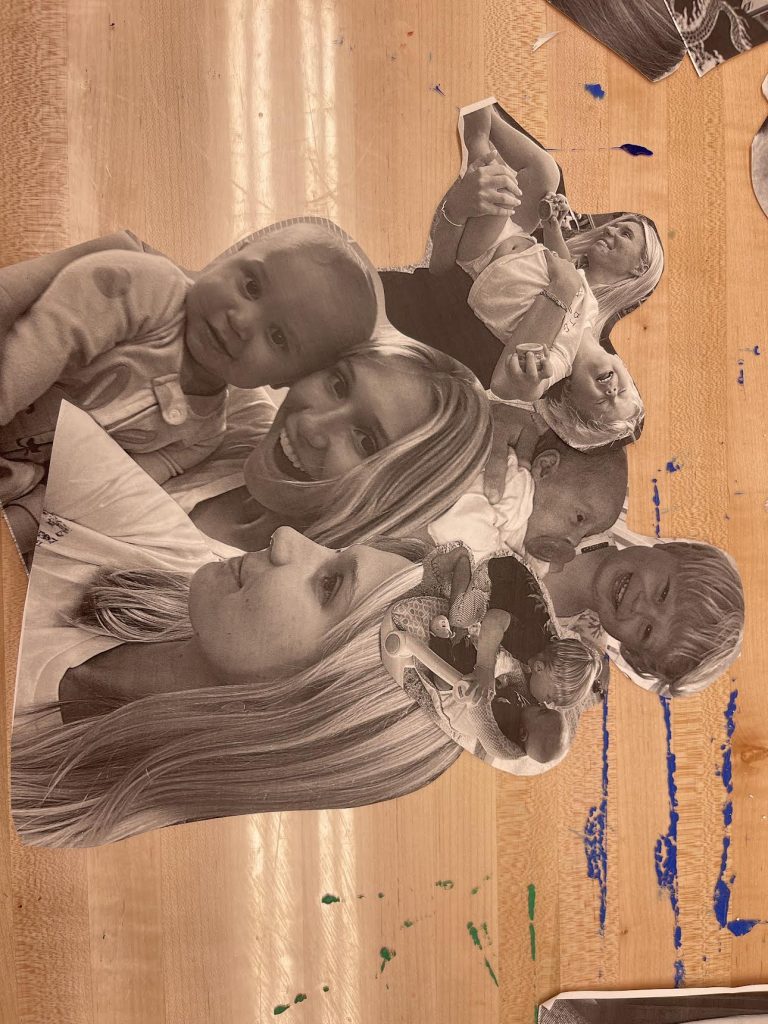
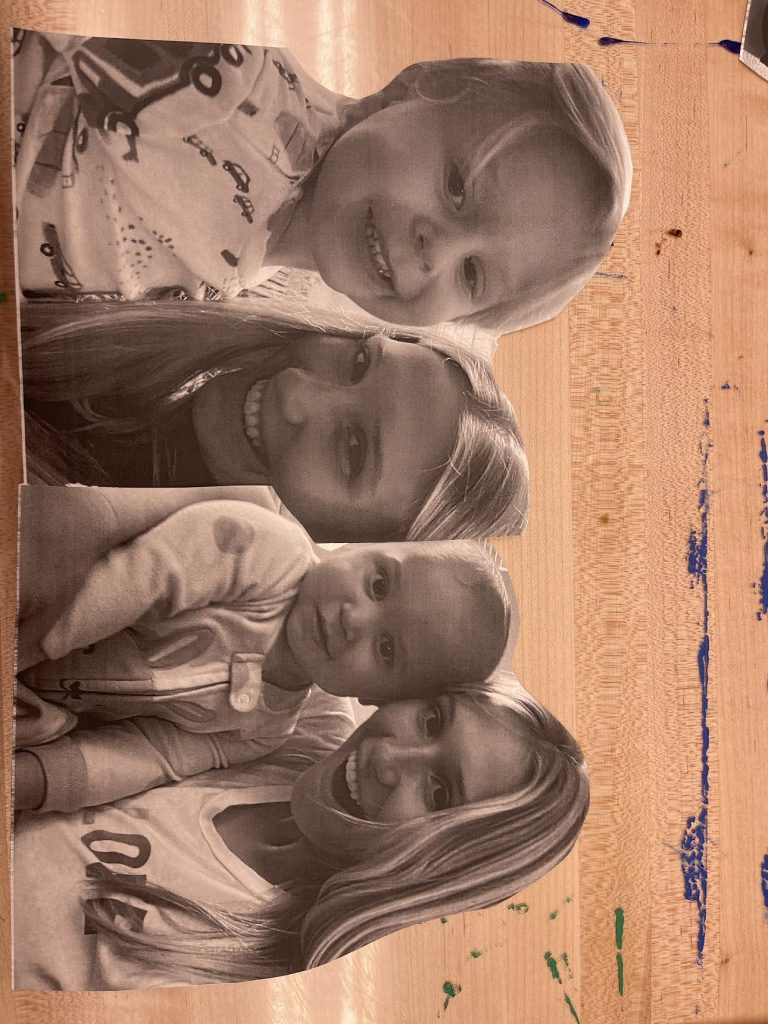
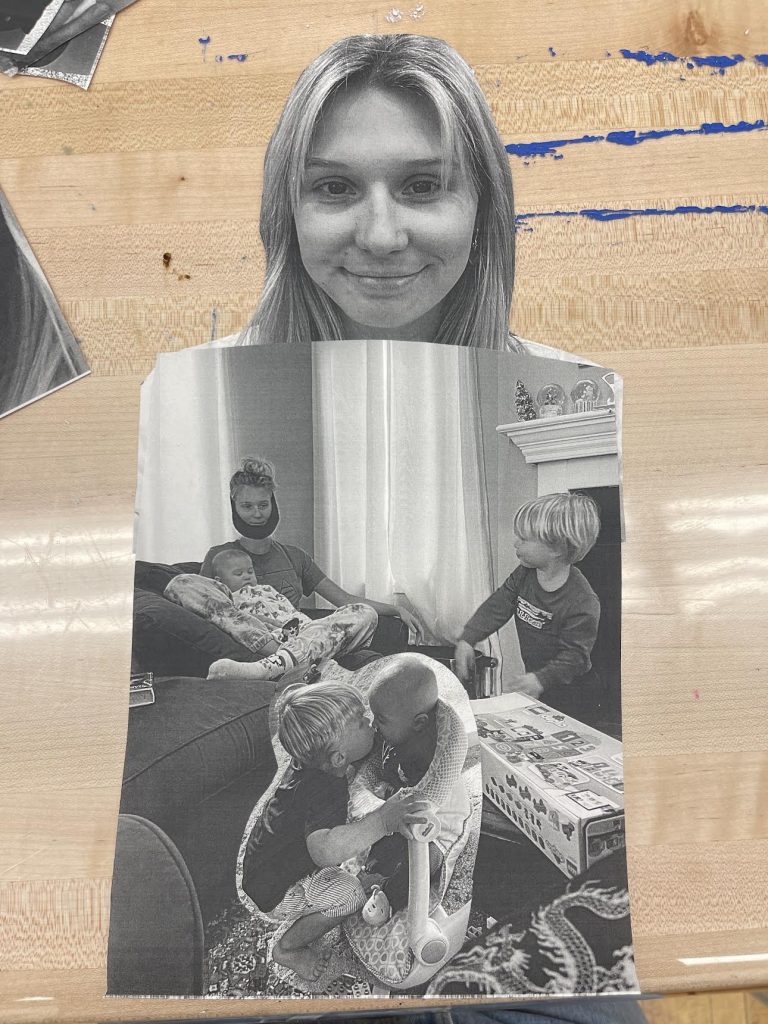
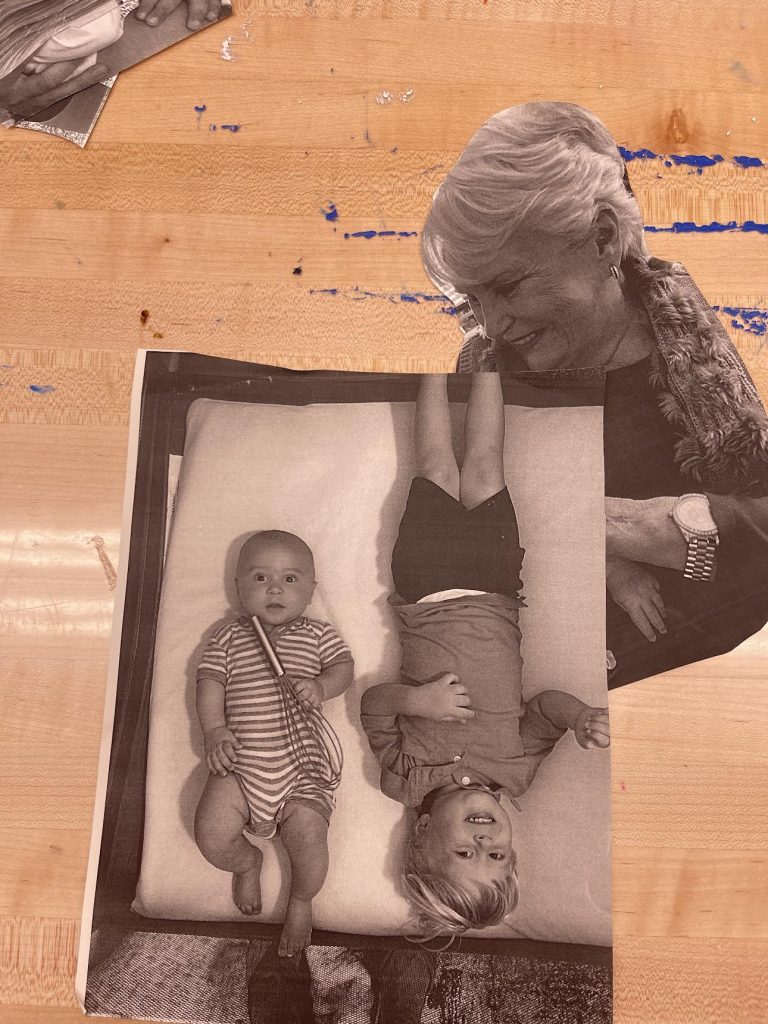
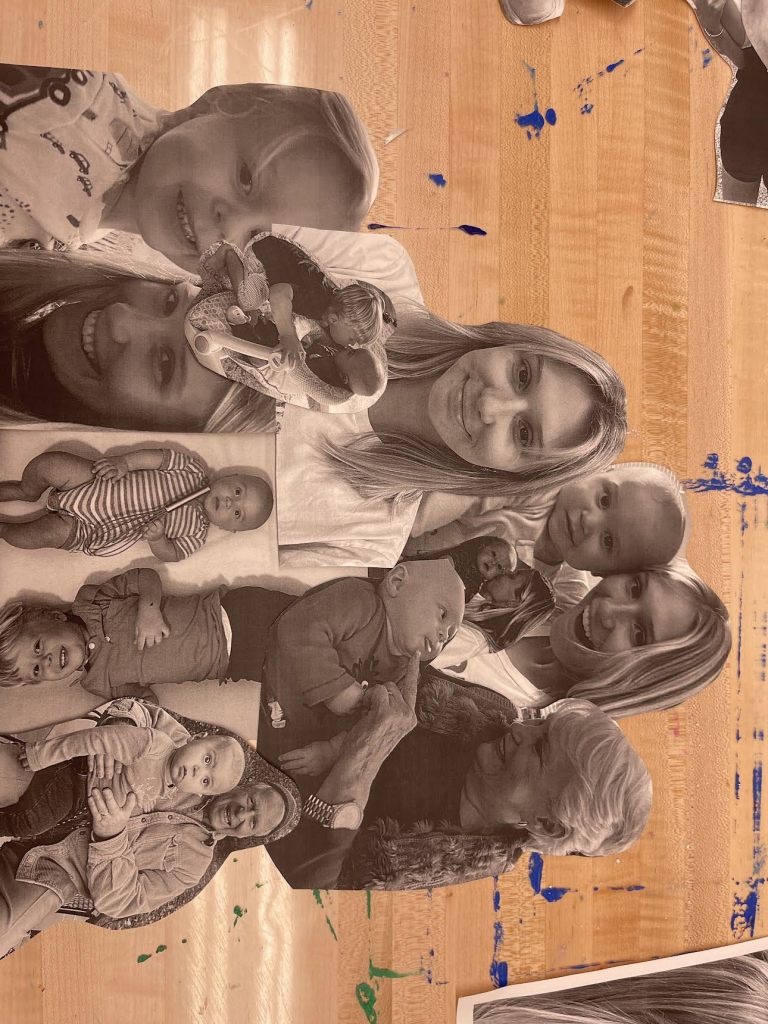
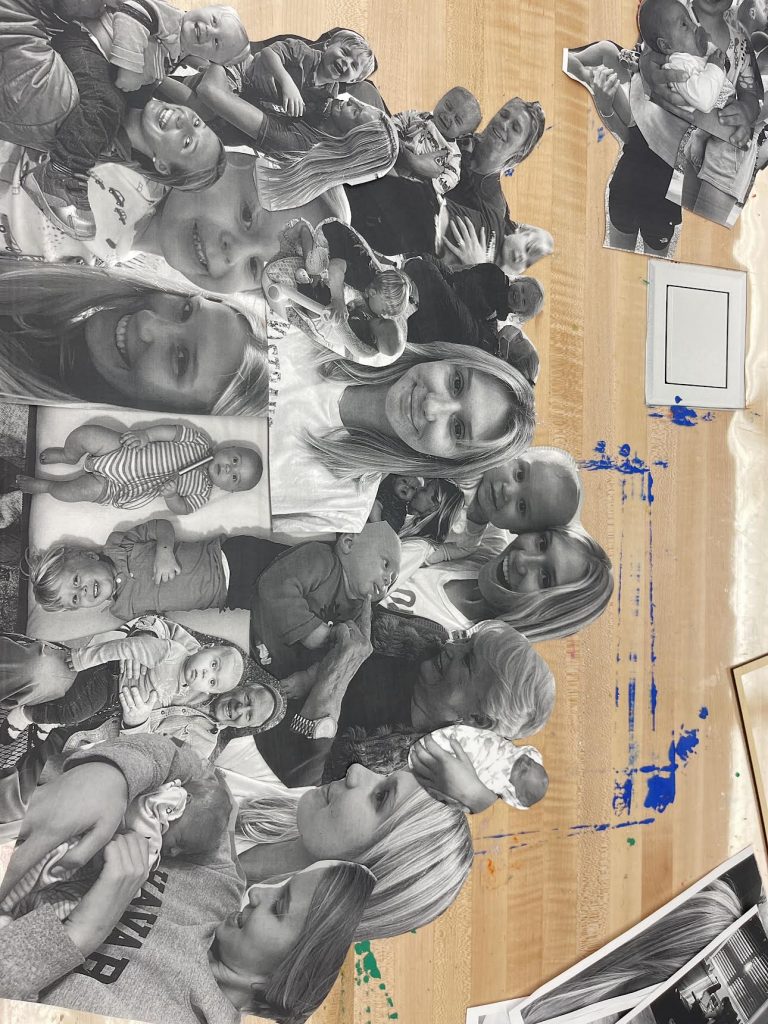
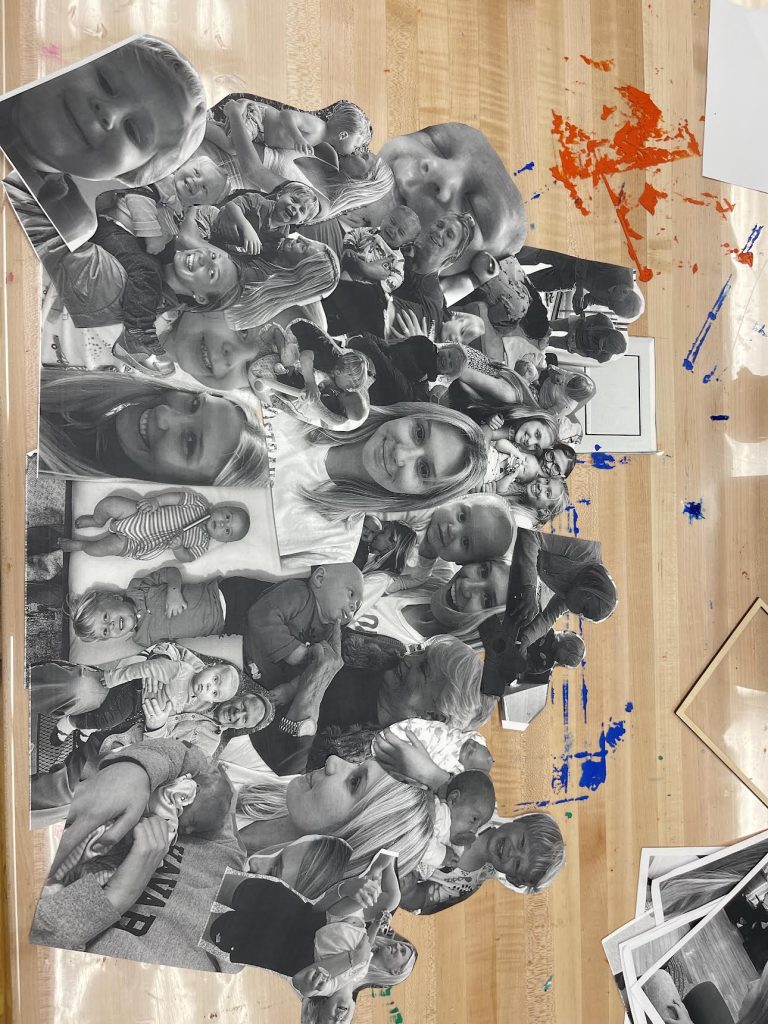
On January 18th, 2019, I became an Aunt to a baby boy. My sister’s pregnancy was unexpected. For many months before my nephew’s birth, everyone in my family was scared. I was nervous about the baby’s future because prior to his existence, I was worried about my sister’s. But then he arrived. I held him for as long as I could until my younger sister got her turn. He was so delicate and so innocent. As soon as I smelled his new-born smell and looked at his tiny toes, I knew that as long as we had him, everything would be ok. Because all babies bring love into the world; something no one in my family realized we needed so badly. For the past three and a half years, I have watched my baby nephew grow up. He has outgrown my arms, but I still manage to hold him when he cries or tickle him when he isn’t looking. When I left for college, my heart ached for him, it has never stopped. On April 9th, 2021, another baby boy arrived, his brother. I am now the aunt to the happiest boys in the world and my experience being one has shaped my entire identity. I’ve learned how strong love is, how love can cure many many things.
Key words: worried, confused, surprised, in-love, gentle, playful, imagination, sacrifice, laughter, growth